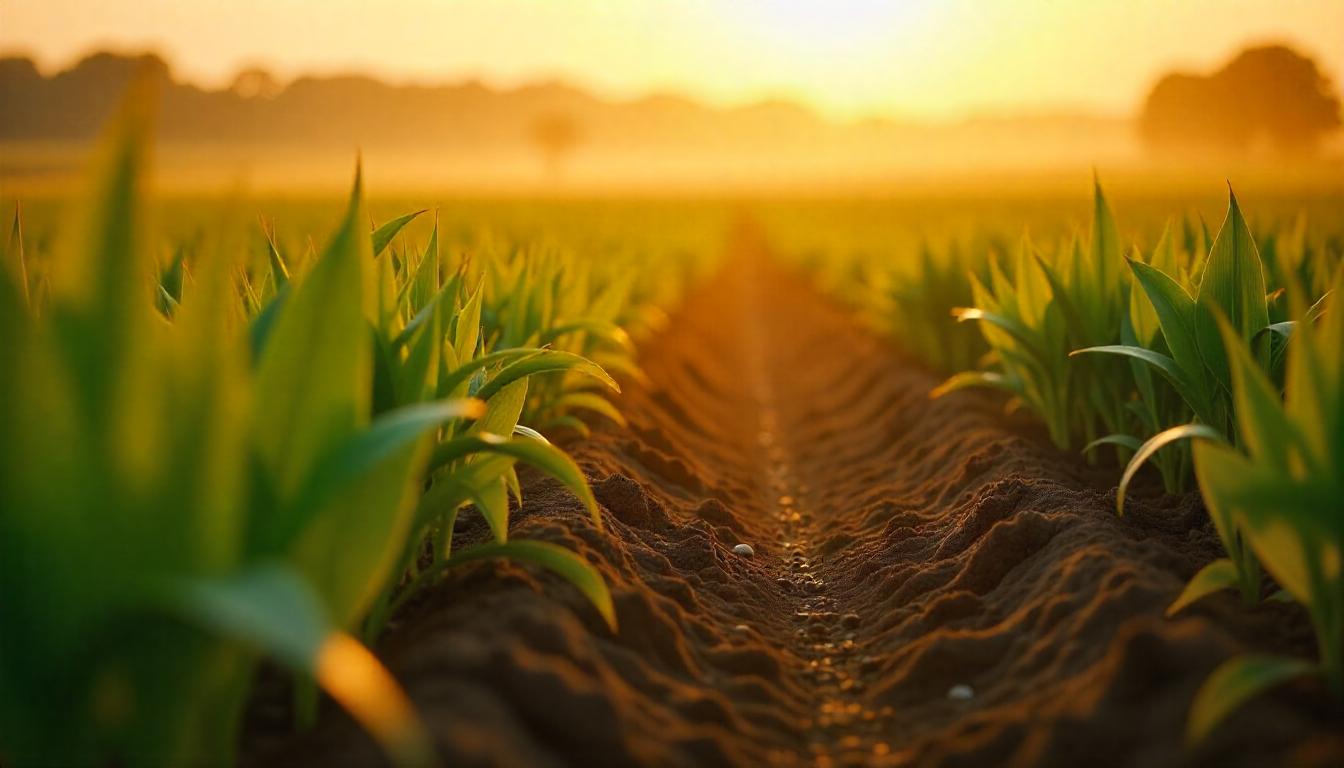The Role of AI in Revolutionizing Agriculture
AI for Agricultural Innovations: The Future of Farming is Here
Agriculture is at the core of human life, yet today’s farmers face unprecedented challenges. Climate change, water scarcity, pests, and the rising demand for food all put pressure on the farming industry. To meet these demands, the sector is rapidly adopting new technology—and Artificial Intelligence (AI) is taking center stage.
AI is leading a wave of agricultural innovations, transforming farming into a more efficient, sustainable, and data-driven industry.
How AI is Transforming Agriculture
AI’s ability to analyze huge amounts of data and deliver valuable insights is revolutionizing how farmers work. Instead of relying on intuition alone, farmers can now make decisions backed by science and real-time information. Let’s look at how AI is reshaping modern agriculture:
1. Precision Agriculture
AI helps farmers practice precision agriculture by examining data from drones, satellites, and ground sensors. These insights reveal exactly where crops need water, nutrients, or pest control. Farmers save money and resources while boosting their harvests and reducing environmental harm.
2. Early Detection of Pests and Diseases
AI can spot signs of crop diseases or pest infestations before they spread widely. Using image recognition or environmental data analysis, AI systems warn farmers about potential threats, enabling fast action and protecting yields.
3. Efficient Water Management
Water is essential for farming but is increasingly scarce. AI-driven irrigation systems analyze weather forecasts, soil conditions, and crop needs to deliver precise watering schedules. This helps conserve water and ensures crops stay healthy.
4. Automation and Smart Machinery
AI powers autonomous farm equipment like self-driving tractors, drones, and robotic harvesters. These machines handle planting, spraying, and harvesting with impressive accuracy, reducing labor costs and increasing efficiency.
5. Optimizing the Food Supply Chain
AI isn’t only transforming farming—it’s also improving the journey food takes from field to market. Machine learning predicts market trends, manages inventory, and streamlines transportation, helping reduce waste and maximize profits.
The Benefits of AI in Agriculture
Using AI in farming brings significant advantages:
- Higher Yields: Precision farming leads to healthier crops and increased production.
- Resource Savings: AI helps conserve water, fertilizers, and pesticides, cutting costs and protecting the environment.
- Reduced Labor Costs: Automation handles labor-intensive tasks efficiently.
- Improved Risk Management: Predictive analytics help farmers anticipate and avoid problems.
- Sustainability: AI supports environmentally friendly practices essential for the planet’s future.
Challenges Ahead
Despite its promise, AI adoption in agriculture faces some obstacles:
- Limited Access to Data: Many farmers, especially in remote areas, lack the digital tools or internet connectivity to use AI effectively.
- High Costs: Advanced AI technologies can be too expensive for small-scale farmers.
- Need for Training: Farmers often need new skills to use AI systems successfully.
- Data Privacy Concerns: Farmers may worry about how their data is collected and shared.
Addressing these challenges will require cooperation among governments, tech companies, agricultural experts, and farmers themselves.
Looking Toward the Future
AI won’t solve every problem overnight, but it’s undeniably a powerful ally in creating a more resilient and sustainable agricultural industry. As AI becomes more accessible and affordable, even smaller farms will reap the benefits, helping secure food production for generations to come.
Share this content:













